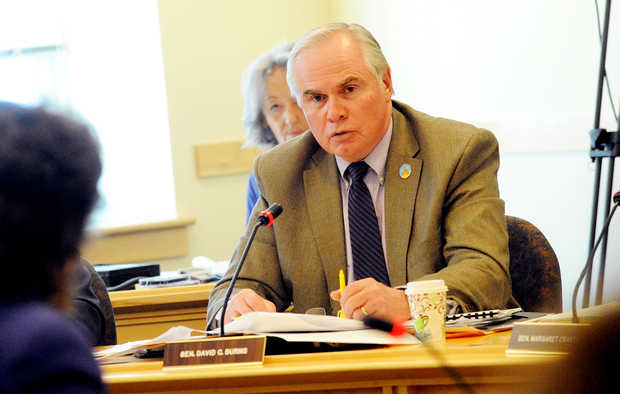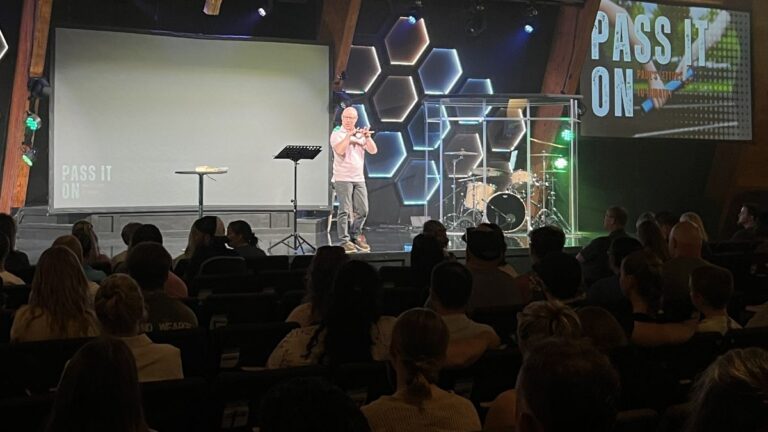AUGUSTA – The legislature’s Government Oversight Committee voted unanimously on Friday to press ahead with an investigation of the Maine State Lottery, with several members citing concerns that the $230 million state-run gambling operation may be exploiting the state’s poorest people.

The lawmakers’ calls to fast-track an investigation follow a 2015 Maine Center for Public Interest Reporting examination that found lottery ticket sales in the state’s poorest towns were as much as 200 times more per capita than sales in wealthier areas. It also found that lottery sales jump by 10 per cent for every one percent increase in unemployment across the state.
“I can’t think of anything more important for us to do than to determine whether or not we, under the auspices of the State of Maine, are exploiting people,” said Sen. David Burns, R-Whiting.
Burns, who represents an area of Washington County with the state’s highest levels of unemployment, said he wanted the legislature’s investigative arm to determine whether the lottery’s marketing was targeting the poor — either intentionally or inadvertently.
“There are a whole lot of things we don’t know, because we’ve never done an in-depth review,” Burns said. “I think the public deserves to know.”
The state has never studied the impacts of the lottery on Maine residents, despite tripling its in-state advertising budget in the past decade, documents show.
Lottery officials have said advertising for the games does not specifically target poor towns or counties. The lottery advertises primarily at the stores where tickets are sold and on television and radio, so an advertisement in Caribou is likely to be the same as one seen in Kittery, they say.
But Sen. Chris Johnson, D-Somerville, said more scrutiny was necessary. “It’s not just where the materials are being distributed, it’s how they’re designed,” he said. “I consider it inappropriate to sell hope at a loss to the poorest among us.”
Rep. Bob Duchesne, D-Hudson, agreed.
“You can’t always know what the marketing strategy is, but you can see the results,” he said.
The Center’s investigation found that people receiving public benefits, such as food stamps, aid for needy families or Medicaid, have likely spent hundreds of millions in lottery tickets over the past five years, enough to take home at least $22.4 million in prizes over $1,000 since 2010.
The revelations last month sparked an outcry among legislators of both parties, who said rules should be adopted to prevent people from purchasing lottery tickets with public benefit dollars.
Beth Ashcroft, director of the legislature’s Office of Program Evaluation and Government Accountability (OPEGA) on Friday agreed lawmakers could seek answers to both who buys tickets and why.
“In my mind, they wrap together. What we’re concerned about is, are we intentionally targeting particular demographics,” said Ashcroft. “But the flip side is, can we tell anything about the demographics of the people that are winning? Are these people that are receiving public assistance benefits?”
The lottery, which pays for itself through ticket sales and contributes $50 million annually to the state’s General Fund, has historically received much less legislative oversight than state programs funded by taxpayer dollars.
Sen. Paul Davis, R-Sangerville, said he wondered what the towns that spent most on lottery tickets were receiving in return. “What is their return on investment?” he asked.
Many states earmark revenue from lottery ticket sales for education, counseling for gambling addiction and other public aid programs, with an eye towards making a “vice” pay for a public good, but Maine does not.
The oversight committee will review and refine the investigation’s scope when it takes the issue up again on Jan. 22.







